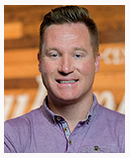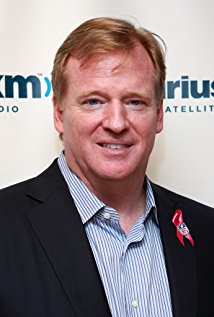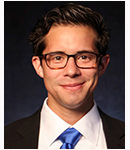Today’s Millennial Roundtable Show is hosted by Dr. Nick Pitts. He is joined by Dr. Brent Taylor, pastor of First Baptist Church Carrollton and Church at the Fields and Jon Pendergrass, Director of Strategic Partnerships at Dallas Baptist University where he is pursuing his MBA.
Together they will discuss politics, faith, and theology. Share your point of view when you give us a call in-studio at 800-351-1212.

Brent enjoys reading great stories from history, fishing, traveling, and helping people find their purpose in life. His other great passion is discovering the red light on at Krispy Kreme Donuts. Brent lives in the Dallas area with his wife and three children.

He served as the Vice President of The Initiative Network, that has impacted thousands of young leaders from over 540 different churches across the Dallas-Fort Worth metroplex.
Jon serves as the Director of Strategic Partnerships at Dallas Baptist University where he is pursuing his MBA. He attends Watermark Church where he serves with the young adult ministry. His passion is to see this next generation engage, interact, and participate in the political process.

Goodell made it clear in the letter, obtained by ESPN's Adam Schefter, that he wants players to stand during the anthem. He did not provide specifics on how he intends to ensure it, but he wrote that it would "include such elements as an in-season platform to promote the work of our players on these core issues."
The issue will be discussed, and likely acted upon, during the NFL's regularly-scheduled fall meetings on Oct. 17-18.

Sociologist George Yancey analyzed 30-plus years of data to track approval ratings for evangelical and fundamentalist Christians. His big takeaway: What has changed is not the number of Americans who dislike conservative Christians, but which Americans.
According to American National Election Studies (ANES) questionnaires, the people who rated evangelical and fundamentalist Christians most negatively over the decades have consistently—and unsurprisingly—been politically liberal, highly educated, and less religious. But in recent years, particularly 2012 and 2016, they’ve shifted to become richer.

“I thought I might be anemic, but the results of my annual physical were fine,” the Paramus, N.J., resident recalls. “All my numbers were in the normal range. The blood work turned up nothing. I said to my doctor, ‘Are you sure? What’s wrong with me?’”
Her doctor told Sullivan, “You’re getting older.” But Sullivan, 60, wasn’t buying it. “I’m not that old,” she says. “I used to have tons of energy. I know you slow down as you age, but I’m physically exhausted all the time. And I know I’m not the only person who feels this way.”
Exhaustion. Weariness. Fatigue. Whichever phrase you prefer, recurring tiredness seems to be the new normal for a growing number of people, regardless of their age or background.

 Listen Online
Listen Online Watch Online
Watch Online Find a Station in Your Area
Find a Station in Your Area


 Watch Now
Watch Now Listen Now
Listen Now 







 Listen Now
Listen Now Watch Online
Watch Online
